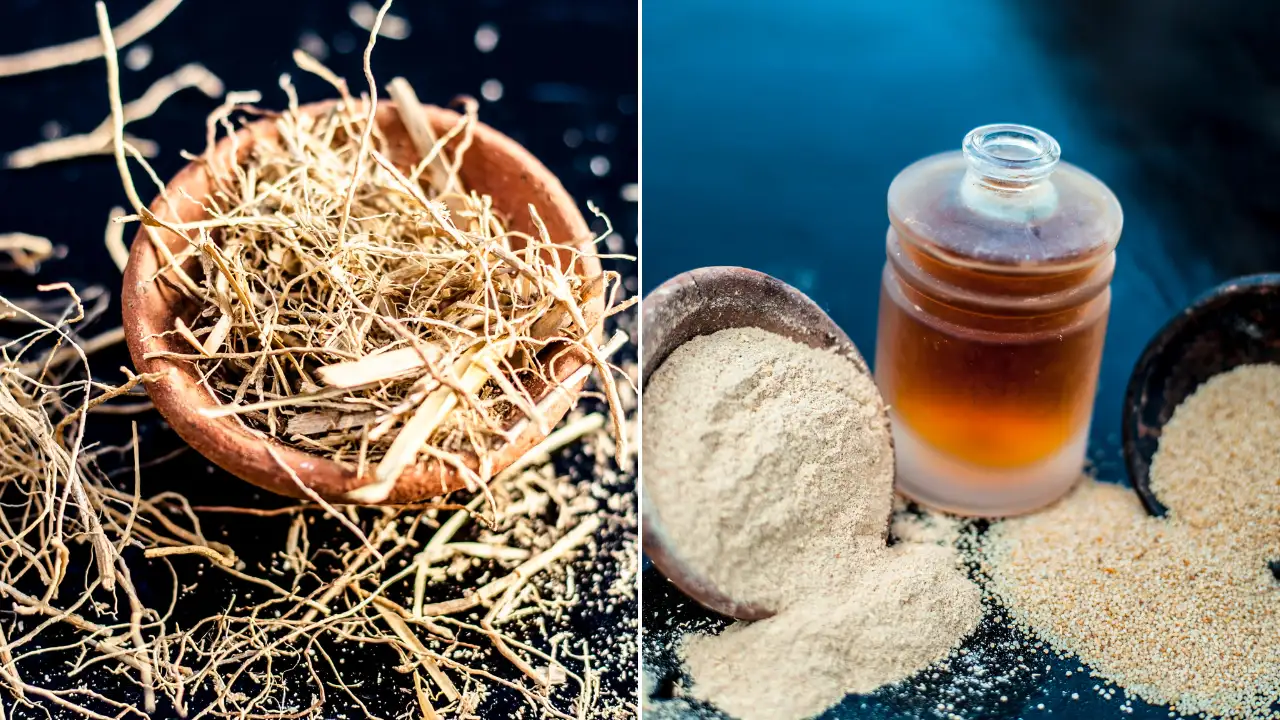By Sakshi Arora
What comes to your mind when you hear about khus and khus khus? Both really l are really the same due to their similarity in names, but it is important to know that they are different in origin, appearance and benefits. When we talk about Khus, which is also referred to as natural vetiver, it is an aromatic and traditional cooling drink. Khus khus, on the other hand, refers to poppy seeds, which are derived from the opium poppy plant and are widely used for their benefits. Let鈥檚 understand the difference between the two. OriginKhus or vetiver is a tall grass native to Asia, which is particularly available in India. This grass can grow up to five feet tall, with roots extending even deeper underground. Vetiver has been cherished for centuries, especially for its aromatic roots. In contrast, khus khus or poppy seeds come from the opium poppy plant, and their origins are believed to be in the Western Mediterranean region of Europe. Poppy seeds are cultivated widely in countries like India, Egypt and Russia, and this has become a staple ingredient in many cuisines. Medicinal propertiesTalking about the khus first, on the nutritional front, khus is loaded with vitamins A, B, and C, along with various minerals, although it contains protein. This is considered a renowned drink for anti-inflammatory properties, which also calms the nervous and circulatory system. Contrarily, khus khus seeds are packed with immense protein and are rich in minerals like calcium, magnesium and potassium. They are considered a great source of omega fatty acids, and medicinally, poppy seeds present health benefits which support cardiac, nervous and respiratory health. AppearanceKhus is a tall grass with long leaves that present a complex and woody fragrance, which can sometimes remind you of lemongrass. The aromatic roots called khus ki jad are priced for making cooling drinks and essential oils. Khus khus seeds are tiny and much smaller than mustard seeds. These seeds have a mild and nutty flavour, which is valued as a spice and for their texture in cooking. Traditional usesThe khus plant plays an important role by preventing soil erosion and stabilising the land. The oil used in cosmetics, soaps and perfumes for its aroma. Khus syrup is a traditional drink, especially popular during summers, renowned for its refreshing benefits. Khus khus, in the meanwhile, is used in dishes like posto, breads and beverages for a subtle flavour and nutrition. Khus and khus khus are often confused due to their names are different and valuable. Khus offers aroma and benefits which are rooted in ancient traditions, while khus khus provides a protein-rich ingredient which is cherished across cuisines. Whether you鈥檙e sipping a flavourful sharbat or savouring delightful aloo posto, you can make the best out of these ingredients.
